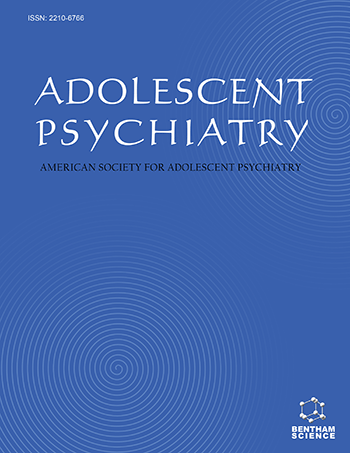Abstract
Introduction: Germans who were children during World War II tended not to discuss their experiences, which were often quite traumatic. As they reached their sixties these “war children” began to show signs of posttraumatic reactions and other psychiatric problems.
Goals: To describe the characteristics of the German war children—those who were children in Germany during World War II and the Nazi government—and discuss the reasons why these children never brought into language their traumatic wartime and post-war experiences for many decades after the war.
Methods: The author reviews the research on this topic as well as his own findings based on interviews with these war children, and offers hypotheses as to why they did not discuss their wartime experiences.
Results: This generation was afflicted by traumatic experiences, an inability to mourn, and guilt over their inability to do anything about their parents’ privations and sufferings. In addition, the ethos of the strength of German children, and the parents’ guilt over the Nazi atrocities, rendered them unable to recognize their children’s distress. German war children were indeed victims of war, and although not comparable to the victims of Nazi terror, they have suffered lasting consequences that are only now being recognized, as their collective silence comes to an end.
Keywords: World war II, Germany, children in war, posttraumatic stress syndromes, traumatic stress



























